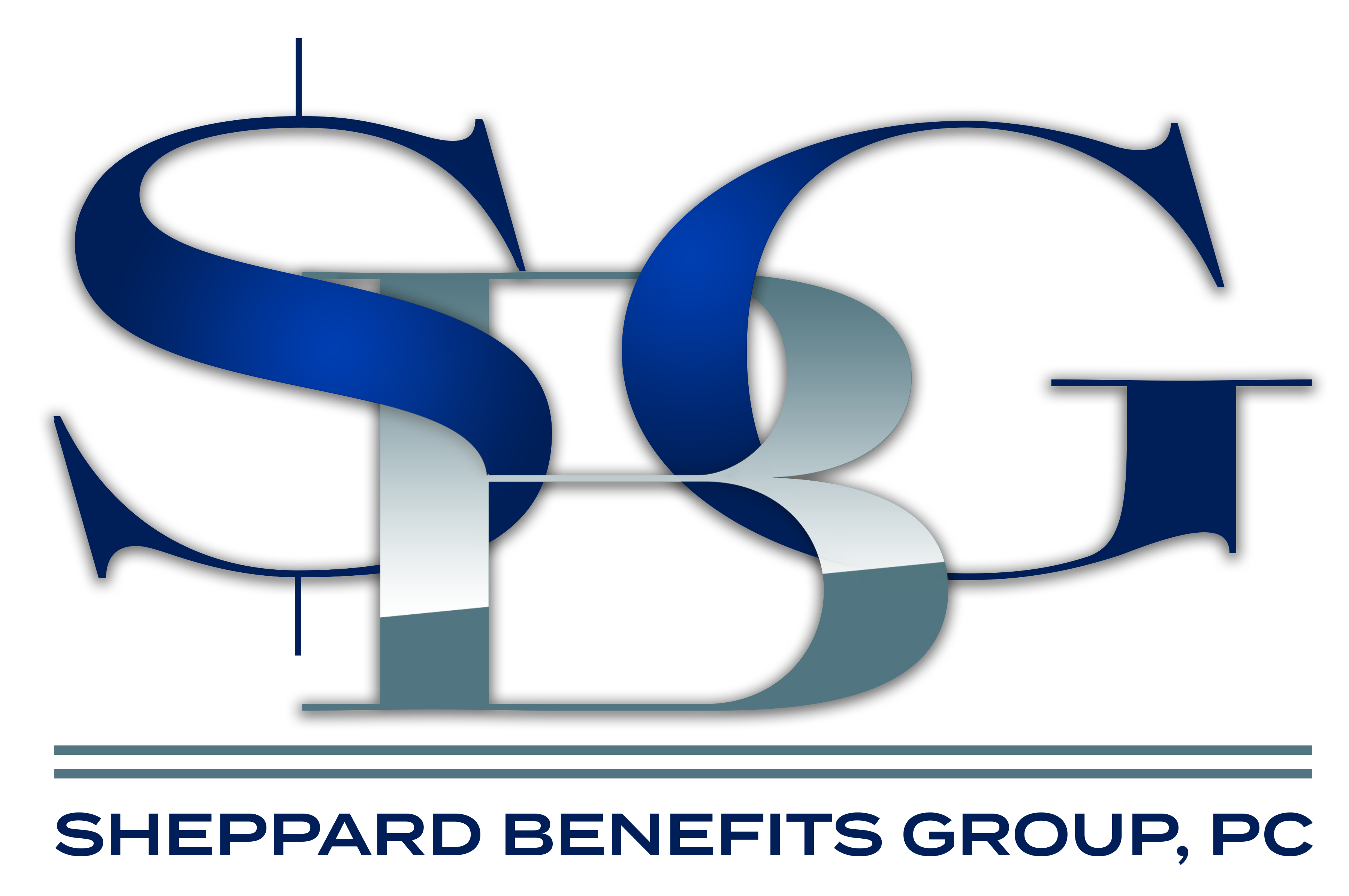- All
- Commercial Auto Insurance
- Commercial Property Insurance
- General Liability Insurance
- Personal Insurance
- Professional Liability Insurance
- Umbrella Insurance
- Workers Compensation Insurance
Yes, professional liability insurance typically covers attorney fees, court costs, and settlement expenses, even if the claim is baseless.
Many commercial auto insurance policies include legal defense coverage, which can help pay for attorney fees and court expenses if your business faces a lawsuit following an accident. However, the extent of this coverage varies by policy. It’s essential to review your policy or speak with your agent to understand the legal cost protections available.
Standard homeowners insurance typically does not cover damage from floods or earthquakes. These require separate policies or riders. If you live in a high-risk area, we’ll guide you through the options for comprehensive protection.
Term life insurance provides coverage for a specific period—usually 10, 20, or 30 years—and tends to have lower premiums. Whole life insurance is permanent, includes a cash value component, and can be part of a long-term financial strategy. We’ll help you decide which is the better fit for your current stage of life and future goals.
General liability covers bodily injury, property damage, and personal injury claims, while professional liability specifically protects against claims of errors, omissions, or negligence in professional services.
- General Liability Insurance covers physical risks like bodily injury, property damage, and personal injury.
- Professional Liability Insurance (also known as Errors & Omissions Insurance) covers risks related to your services, such as negligence, mistakes, or failure to deliver a promised service.
Personal auto insurance is designed for vehicles used primarily for private, non-business purposes. In contrast, commercial auto insurance is tailored for vehicles that are used in the course of business activities, providing broader protection for the higher risks associated with commercial use. As a result, personal policies may not cover business-related activities, making commercial auto insurance essential for business fleets.
The coverage you need depends on your lifestyle, assets, and family structure. Most individuals benefit from having homeowners or renters, auto, life, and health insurance. Disability insurance is also important for protecting your income if you’re unable to work due to illness or injury. At Sheppard Benefits Group, we help assess your full financial picture so you get only what you need—nothing more, nothing less.
Sheppard Benefits Group specializes in commercial insurance, including Workers’ Compensation, General Liability, Commercial Auto, Professional Liability, Property, and Umbrella policies. We also offer personal insurance such as Homeowners, Auto, Life, Disability, Medical, and Dental coverage. Our team is dedicated to finding the right insurance solutions tailored to your needs.
We provide insurance coverage in the following states: Florida, Georgia, North Carolina, Illinois, Maryland, District of Columbia, Delaware, New Jersey, and Pennsylvania. If you’re unsure whether we can assist with your insurance needs, feel free to contact us for more information.
In the event of an accident, first ensure that everyone is safe and seek medical assistance if necessary. Next, document the accident by taking photos and gathering contact details of any witnesses. Immediately notify both your insurance provider and your internal claims department. Providing detailed and accurate information will help expedite the claims process and minimize business downtime.
Notify your insurer immediately, document all communications, and avoid admitting fault. Your insurance provider will guide you on the next steps.
Without coverage, you risk significant legal and financial consequences, including fines, lawsuits, and personal liability for employee injuries.
Commercial property insurance rates depend on location, property size, industry risks, security features, and claim history.
It doesn’t cover business property damage, employee injuries, or intentional acts.
Professional liability insurance protects you from claims of negligence, mistakes, or failure to deliver services as promised. It covers legal defense costs, settlements, and judgments, helping safeguard your business from financial loss.
General Liability Insurance covers three primary areas:
- Bodily Injury: If someone is injured on your business premises or due to your business operations, the policy helps cover medical expenses and potential legal fees.
- Property Damage: If your business activities cause damage to someone else’s property, General Liability Insurance helps pay for repairs or replacements.
- Personal and Advertising Injury: This includes claims for defamation, copyright infringement, or false advertising.
Commercial auto insurance protects vehicles used in business operations by covering physical damage (through collision and comprehensive coverage), liability for bodily injury and property damage to third parties, and often offers additional protections like uninsured/underinsured motorist coverage. Specific policies may also include benefits such as roadside assistance or rental reimbursement.
Yes, most states mandate coverage for businesses with employees. Requirements vary by state, and we can help ensure compliance.
Not always, but many landlords and clients require it before signing contracts.
While not legally required, many landlords and lenders mandate commercial property insurance for leased or financed properties.
It depends on your industry, assets, and risk level. Our experts will help you determine the right coverage.
A general rule of thumb is 10–15 times your annual income, but the best amount depends on your financial goals, family obligations, debts, and assets. We can walk you through a customized needs analysis to determine the right coverage for your situation and future plans.
Costs vary based on industry, location, and business size. Request a quote for a personalized estimate.
Your premium is based on factors such as industry type, business size, claims history, coverage limits, and level of risk associated with your profession.
Your premium depends on factors like payroll size, industry risk classification, claims history, and coverage limits.
Premiums are calculated based on several factors including the number and type of vehicles, the driving records of those operating them, the extent of coverage chosen (limits and deductibles), vehicle usage, and the overall risk profile of your business. Insurers may also consider your industry’s risk factors and claims history when determining rates.
Filing a commercial property insurance claim is simple—contact our claims team 24/7 for expert guidance and quick processing.
You can easily request a quote by filling out our online form on the website. Our smart forms use conditional fields to gather the most relevant information based on your needs. Once submitted, a licensed insurance expert will review your request and get back to you promptly with a customized quote.
No, it adds an extra layer of liability protection on top of your current insurance policies.
Many policies offer retroactive coverage, meaning claims related to past work may be covered, provided the policy was active during the incident. Always check your policy’s retroactive date.
Typically, commercial auto insurance is intended for vehicles owned or leased by the business. However, if employees use their personal vehicles for work purposes, coverage depends on both the personal policy and any additional non-owned vehicle coverage that may be added to the commercial policy. It’s important to review your policy details and discuss your specific needs with your agent.
Standard commercial property insurance covers some disasters, but additional coverage may be required for floods and earthquakes.
General Liability Insurance typically covers lawsuits from customers and vendors involving bodily injury, property damage, or personal injury. However, it does not cover lawsuits from employees. For employee-related claims, you will need a separate Workers’ Compensation Insurance policy.
At sunt asperiores eos cumque officiis a quae placeat aut laborum consequatur. Et tenetur repellat et dicta sapientes ratione dolores ea facere suscipit.
Many clients, contracts, and professional organizations require proof of professional liability insurance to work with you or obtain licenses.
Absolutely. Most carriers offer multi-policy discounts when you bundle home, auto, and other personal coverages. Bundling not only saves you money, but also simplifies your coverage under one roof. We’ll shop the market to find you the best bundled solution.
Yes, you can lower your premium by maintaining a strong risk management plan, implementing contracts with liability waivers, increasing your deductible, and bundling policies with the same provider.
Yes. Strategies to reduce your premium may include maintaining a strong driving record, selecting higher deductibles, bundling insurance policies, and implementing robust driver safety programs. Regularly reviewing your coverage to match your actual business needs can also help eliminate unnecessary costs. Your insurance agent can offer personalized advice on lowering your premium.
Yes, exclusions vary by policy but often include intentional wrongdoing, fraud, criminal acts, and contractual liabilities beyond the scope of professional services.
Yes, General Liability Insurance often has exclusions such as:
- Employee Injuries: Covered by Workers’ Compensation Insurance.
- Professional Errors: Covered by Professional Liability Insurance.
- Intentional Acts: Damage caused intentionally by your business or employees.
- Automobile Accidents: Covered by Commercial Auto Insurance.
Always review your policy to understand specific exclusions.
Most commercial auto policies include provisions for covering rented or leased vehicles. That said, the level of coverage can vary. You should review your policy documents or consult with your insurance provider to ensure that any rented or leased vehicles used in your business are adequately protected.
It depends on your profession and state regulations. Some industries, like healthcare and legal services, may require coverage by law.


